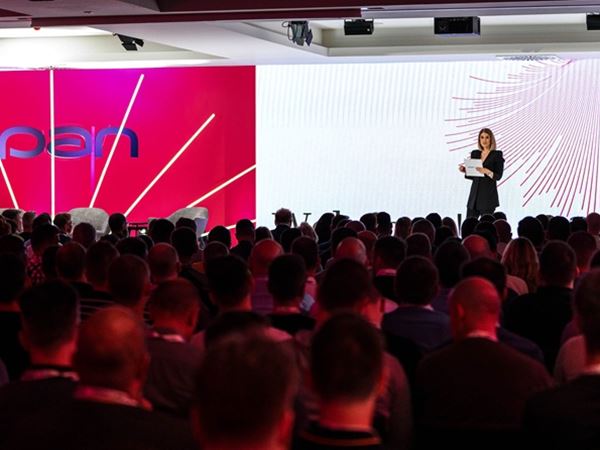

Transition to Net-Zero Buildings Can Create over 2 million New Jobs
Results offer micro-scale view of green employment opportunities from deploying low-carbon technologies in retrofit and new buildings. Even with conservative estimations, the journey to net-zero buildings could generate more than 141 million job years.
Schneider Electric, the leader in the digital transformation of energy management and automation, together with Boston University, today announces a first-of-its-kind study that finds that more than 2 million new jobs and up to 141 million additional job years can be created in Europe and the United States by adopting clean energy technologies in new and retrofitted buildings. The results come from a research collaboration between the Boston University Institute for Global Sustainability (IGS) and the Schneider ElectricTM Sustainability Research Institute (SRI).
The open-access paper, “Building a Green Future: Examining the Job Creation Potential of Electricity, Heating, and Storage in Low-Carbon Buildings,” is the first to estimate job creation in low-carbon “buildings of the future” at such a granular level. Taking a micro-scale view, the study estimates the global employment outcomes for low-carbon building archetypes spanning residential, hospital, hotel, office, retail, and education in regions of North America, Europe and Asia. Low-carbon technologies like rooftop solar panels, heat pumps, and energy storage batteries support the electrification and digitalization of the buildings sector, which is critical to reducing greenhouse gas emissions on a global scale.
“It is increasingly clear that, thanks to modern technologies, it is now feasible to rapidly transition buildings to net-zero,” explained Arthur Vašarević, general manager for Croatia, Slovenia and Bosnia and Herzegovina at Schneider Electric. “What we often do not realize is that such a transition comes with significant socioeconomic benefits. This research is another demonstration of this fact.”
These findings can drive significant benefits in the near term, making the detailed estimations useful for informing companies, communities, and governments seeking to engage in building projects. For policymakers, understanding the potential that the transition to net-zero living can have on creating jobs could potentially incentivize skeptics to favor a green energy shift. For business decision makers, job estimates can improve forecasts around scope, investment, lifecycle management and impact for building projects.
Join AmCham
Join the leading international business community in Croatia.
Since 1998, AmCham Croatia has represented American, international, and Croatian companies' business interests. With over 350 members employing around 100,000 people, we are the voice of international business in Croatia. We are the first choice of international companies for policy advocacy in Croatia.
Join us now

